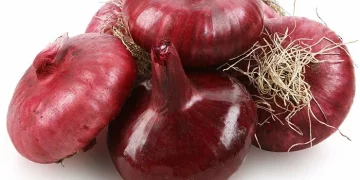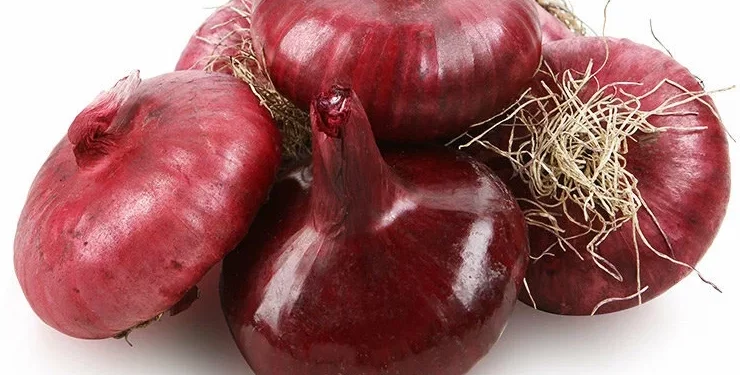Discover the untapped benefits of iodine supplementation in onion farming and how it can revolutionize crop yield, improve quality, and promote sustainable agriculture. This article presents the latest data and insights on incorporating iodine into onion cultivation, catering to the interests of farmers, agronomists, agricultural engineers, farm owners, and agricultural scientists.
Introduction:
As the agricultural industry constantly seeks innovative solutions to optimize crop production, the role of essential trace elements gains prominence. In this article, we explore the application of iodine in onion farming and delve into its potential to boost yield, enhance quality, and foster sustainable agricultural development. Farmers, agronomists, agricultural engineers, farm owners, and scientists can uncover new possibilities through the strategic integration of iodine in onion cultivation.
The Power of Iodine:
Iodine, a vital micronutrient for human health, also plays a crucial role in plant growth and development. Recent research has shed light on the positive impacts of iodine supplementation in various crops, including onions. When strategically applied, iodine can stimulate physiological processes, enhance nutrient uptake, and improve plant resistance to environmental stresses.
Data on Iodine’s Impact on Onion Yield and Quality:
A study conducted by the Department of Horticulture at Cornell University explored the effects of iodine application on onion crops. The research revealed that onion plants treated with iodine-enriched solutions displayed remarkable improvements in growth parameters, including increased plant height, larger bulb size, and enhanced root development. These findings were corroborated by a significant increase in marketable yield, indicating the potential of iodine to positively influence onion production.
Moreover, iodine-treated onions demonstrated improved nutritional profiles, including higher levels of key antioxidants and micronutrients. Consumer preference studies conducted by the Agricultural Marketing Resource Center (AgMRC) indicated that iodine-enriched onions were perceived as having superior flavor, texture, and overall quality, making them more desirable in the market.
Consequences of Iodine Integration in Onion Cultivation:
The incorporation of iodine into onion farming practices carries several noteworthy consequences. Firstly, the enhanced yield and improved quality resulting from iodine supplementation directly contribute to increased profitability for farmers and farm owners. Additionally, the improved nutritional content of iodine-enriched onions aligns with the growing consumer demand for healthier and nutrient-dense food choices.
From a sustainable agriculture standpoint, iodine application can reduce the reliance on synthetic fertilizers, leading to environmental benefits such as decreased chemical runoff and improved soil health. By promoting efficient nutrient absorption and mitigating nutrient deficiencies, iodine fosters more sustainable farming practices and supports the long-term viability of onion cultivation.
Conclusion:
By harnessing the potential of iodine, farmers, agronomists, agricultural engineers, farm owners, and agricultural scientists can unlock new avenues for optimizing onion production. The integration of iodine not only enhances yield and quality but also aligns with the market demand for healthier and nutrient-rich food options. Moreover, the sustainable implications of iodine application offer a pathway towards eco-friendly agriculture and a more resilient future for onion farming.
Tags: #iodine #onioncultivation #cropyield #cropquality #sustainableagriculture #agronomy #agriculturalengineering #farmers #farmowners #agriculturalscientists































